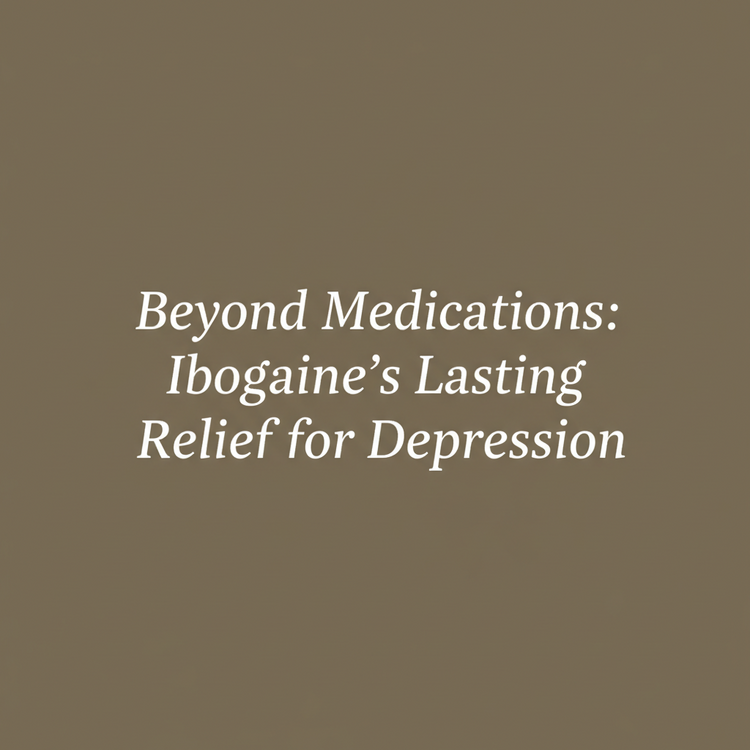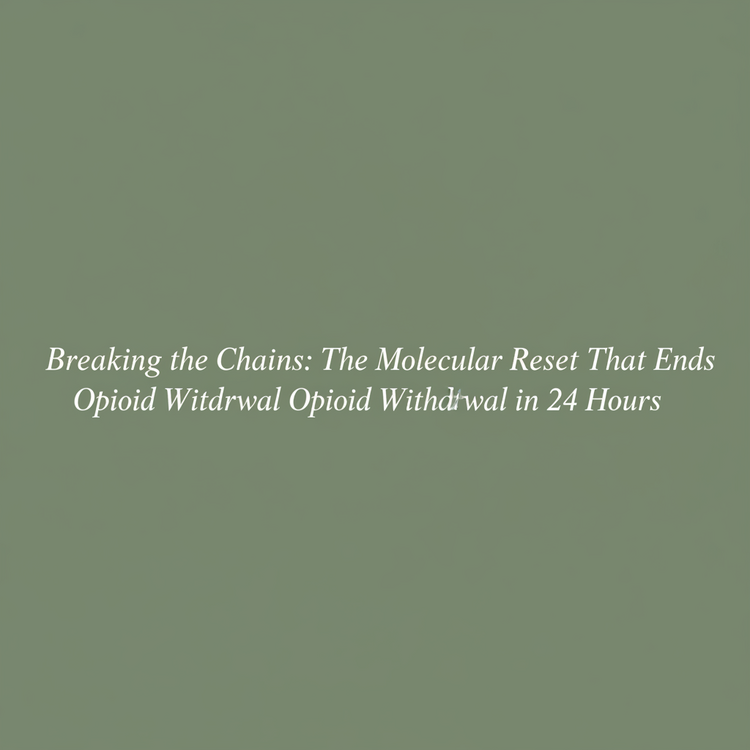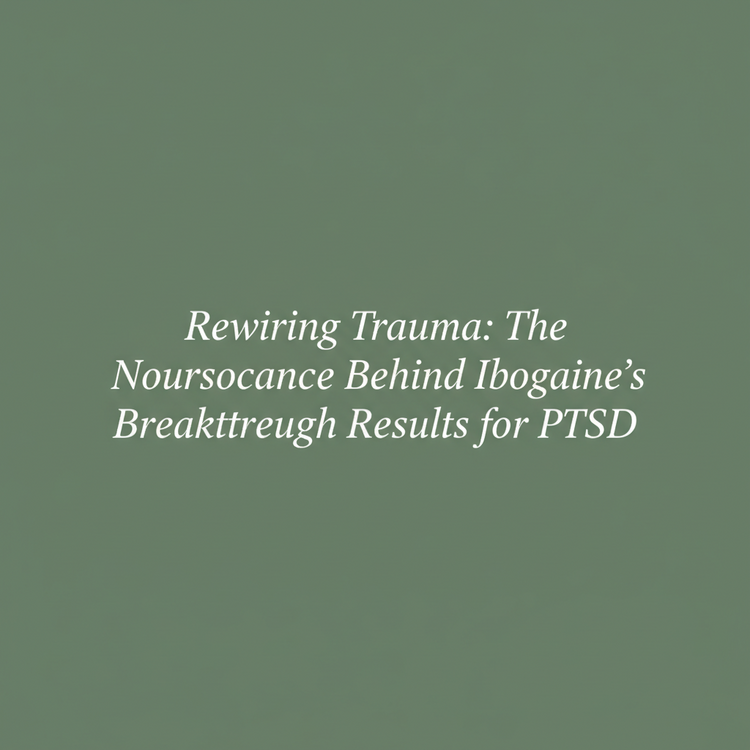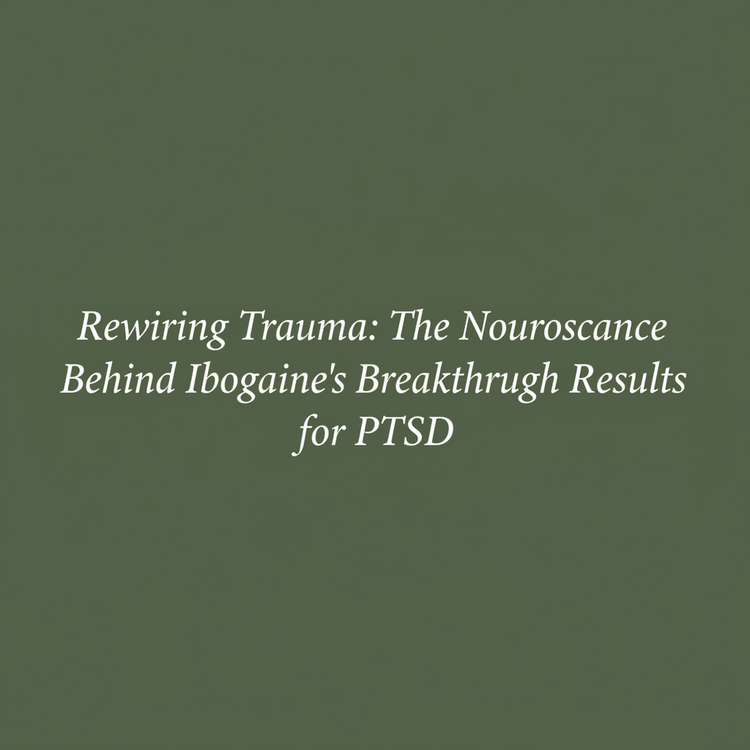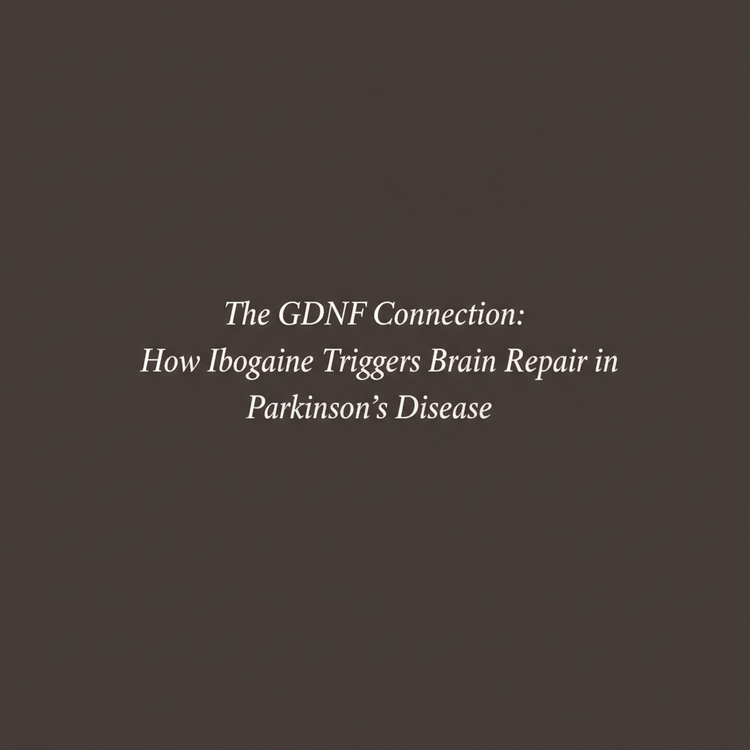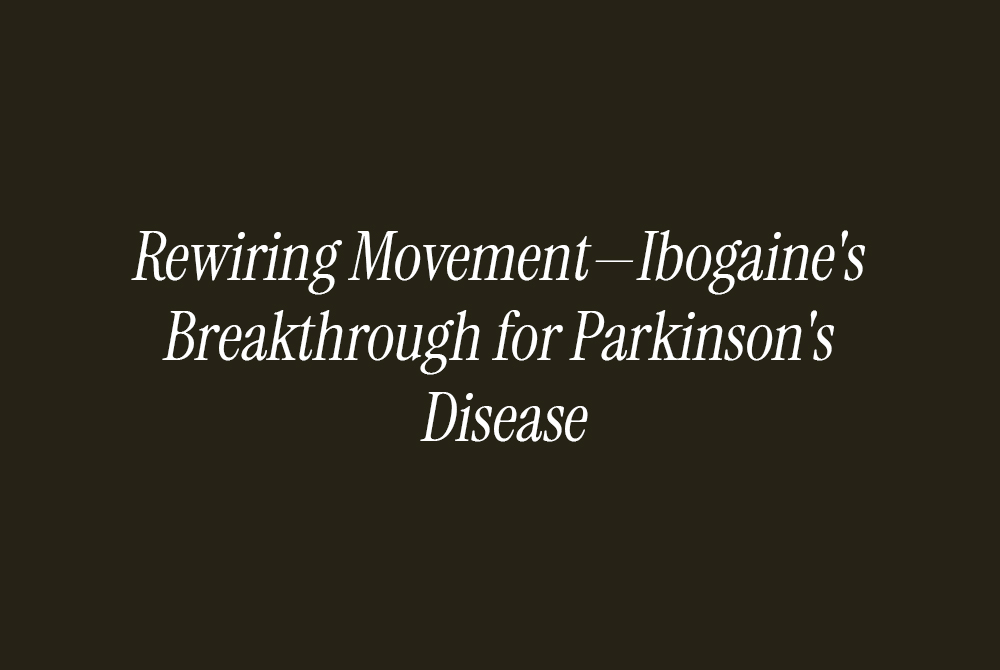After the Flood—Integration and the Path to Lasting Transformation
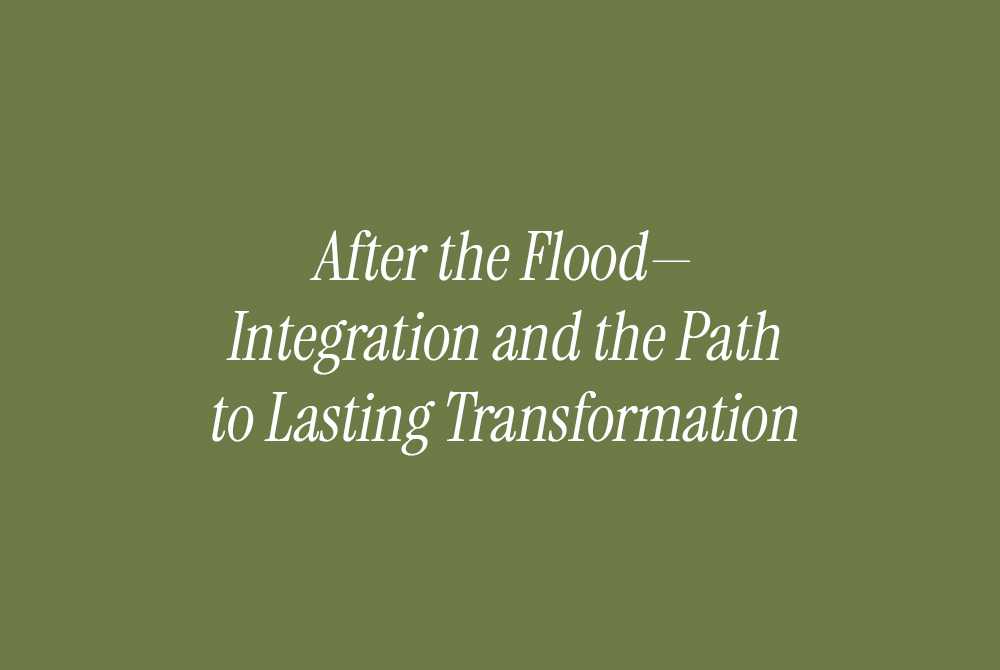
Why the Days After Ibogaine Matter More Than the Hours During
The ibogaine experience—what practitioners call “the flood”—is intense, often overwhelming, sometimes terrifying, and frequently described as the most meaningful experience of someone’s life. Participants rated how meaningful their ibogaine experience was on a scale from 1 (not spiritual or personally meaningful) to 7 (the most spiritual), with many reporting it as among the most significant experiences of their lives.
But here’s what many people don’t understand: the flood isn’t the treatment. It’s the beginning.
The Neuroplastic Window
Ibogaine promotes a state of enhanced neuroplasticity, allowing the brain to form new, healthier pathways. Think of this as opening a window in a house that’s been sealed shut for years. The window being open is necessary—but insufficient. You have to actually do something with that opening.
The changes ibogaine initiates in the brain can open a window of opportunity, but without follow-up care, those changes may not translate into lasting recovery. This is where integration becomes critical.
What Is Integration?
Integration is the process of taking the insights, emotional shifts, and neurochemical reset provided by ibogaine and embedding them into daily life. This often involves therapy, mindfulness practices, healthy routines, and community support.
But it’s more than just “doing therapy.” It’s about translating the non-ordinary experience of ibogaine into ordinary transformation. From a brain perspective, integration helps reinforce new neural pathways so that they become the default over time.
The Insight Paradox
During the ibogaine experience, insights feel obvious, inevitable, crystal clear. 67% of participants gained insightful knowledge about themselves, with responders agreeing more strongly that their ibogaine experiences contributed to gaining insight into the cause of their addiction.
But here’s the challenge: insights don’t automatically translate into behavior change. You can understand perfectly why you use, see exactly how your childhood shaped your patterns, grasp intellectually that you’re worthy of love—and still reach for drugs the next time anxiety hits.
Integration is the bridge between intellectual understanding and embodied change. It’s the difference between knowing the path and walking the path.
The Physical Dimension
Activities such as exercise, meditation, and learning new skills can further boost neuroplasticity, complementing the changes ibogaine sets in motion. This isn’t optional—it’s essential.
The brain you have after ibogaine is primed for change, but it still operates according to neurological principles. New pathways need to be strengthened through repetition. Old pathways need to be deliberately avoided, allowing them to weaken over time. This requires consistent action.
Community and Connection
At treatment centers, there’s a great sense of camaraderie with other retreat guests, with everyone at different stages of their stay sharing experiences and input, helping those who haven’t yet had their treatment understand what’s to come.
But this sense of connection needs to extend beyond the treatment center. Full recovery needs long-term treatment like therapy and recovery support services. Whether that’s 12-step meetings, therapy, coaching, or other forms of ongoing support, isolation is the enemy of integration.
Processing the Difficult Material
Not everyone emerges from ibogaine feeling reborn. Some users experience scenes of extreme trauma or violence during the ibogaine experience. These difficult experiences often require professional support to process and integrate.
Programs provide continuous guidance throughout the program, with integration beginning immediately after the experience and focusing on translating experiences into actionable strategies. This isn’t about toxic positivity or forcing gratitude—it’s about making meaning from whatever arose.
The Timeline
Integration isn’t a weekend workshop—it’s a process that unfolds over months. Studies tracked participants at 1 month, with many continuing to process their experiences well beyond that timeframe.
At Iboga Wellness Institute, our protocols don’t end when you leave our facility. We provide comprehensive integration support because we understand that the medicine opens the door, but you have to walk through it. We offer ongoing therapeutic check-ins, integration groups, and access to practitioners who understand the unique challenges of post-ibogaine integration.
The Promise and the Work
Ibogaine offers something rare in medicine: the possibility of sudden, dramatic transformation. But transformation isn’t the same as maintenance. The work of building a life worth staying sober for, of developing new coping strategies, of becoming someone new—that work happens in integration.
The flood shows you what’s possible. Integration makes it permanent.


